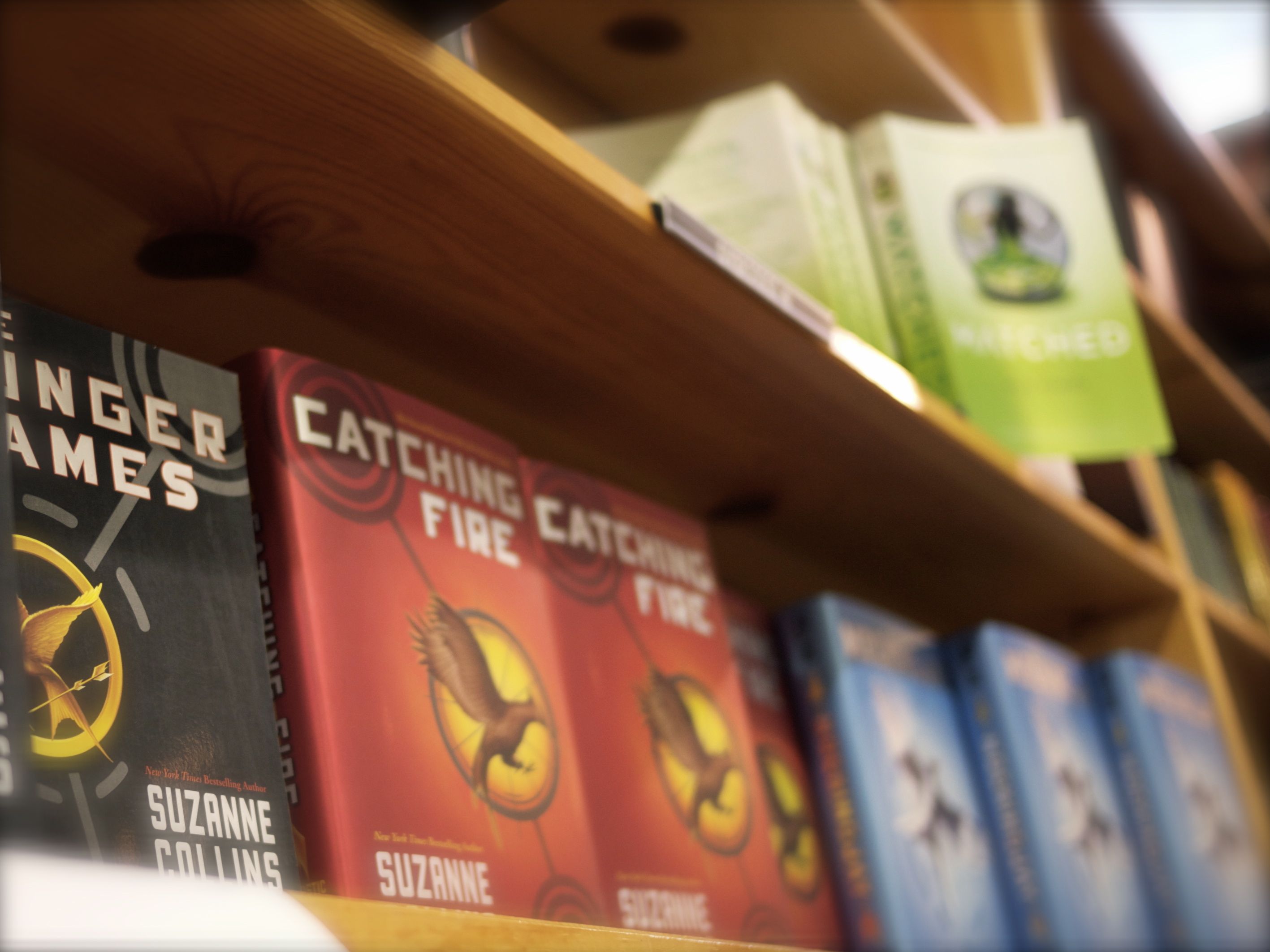An Easy Guide to YA Book Identification
Around the ol’ interwebs, there seems to be some confusion about what “YA” is and what books fit into this category.
To clarify quickly, it does not stand for “Young Age” nor does it stand for “Yeah, Anything.” It stands for “Young Adult,” meaning—loosely—“teen.”
It is a book category (not a genre, which is another one of my linguistic bugaboos) with an teenage audience in mind. It is not a reading level.
These mis-categorizations never cease to annoy me. I think it has to do with that it symbolizes some adults’ insistence on invalidating the entire teenage experience. Instead of pointing to legitimately young adult/teen titles, they look at nostalgically on books they loved as children, or point to books written for adults that see teens through the lens of the adult experience.
The teen years are very important in the path to becoming an adult, and by disregarding books that depict that experience, adults are saying something, aren’t they?
Here are my quick tips for identifying if a book is a young adult title.
 NOT YA. The title should’ve been the tell. Or possibly the mention of life as a third grader.
NOT YA. The title should’ve been the tell. Or possibly the mention of life as a third grader.
Is the book shelved as a “chapter book”? Then, no, you are not reading YA.
Most bookstores and libraries have sections labeled “Chapter Books” or “Juvenile Fiction.” If you are in this section, you are not reading YA. And yet, this continues to confuse many, many people. The Atlantic’s book coverage is so absurd that I’ve largely stopped paying attention to it, but everytime that outlet mentions YA, the amount of wrongness invariably makes me laugh out loud. But they are one of the worst offenders of this. They included Ramona Quimby, Age 8 (age 8, people—that should’ve been the first clue), Harriet the Spy (WTF, just WTF) and Little House on the Prairie as book featuring their favorite girl characters from from YA literature. No, just no.
 Like I said, YA stands for “Young Adult,” not “Young Age.”
Like I said, YA stands for “Young Adult,” not “Young Age.”
Was it on your third grade reading list? Nope, you’re not reading YA.
Yes, Flavorwire, I’m talking about you. Good grief.
 Laura looking pretty adorable with her sassy hat, football-themed handbag and copy of Please Ignore Vera Dietz.
Laura looking pretty adorable with her sassy hat, football-themed handbag and copy of Please Ignore Vera Dietz. “Everybody Sees the Ants”-themed cupcakes. Aren’t they adorable?
“Everybody Sees the Ants”-themed cupcakes. Aren’t they adorable? Uhhhhhh… wait a second! These ants are plastic! (Apparently, a library employee was warning people that the ants were inedible.)
Uhhhhhh… wait a second! These ants are plastic! (Apparently, a library employee was warning people that the ants were inedible.)










































